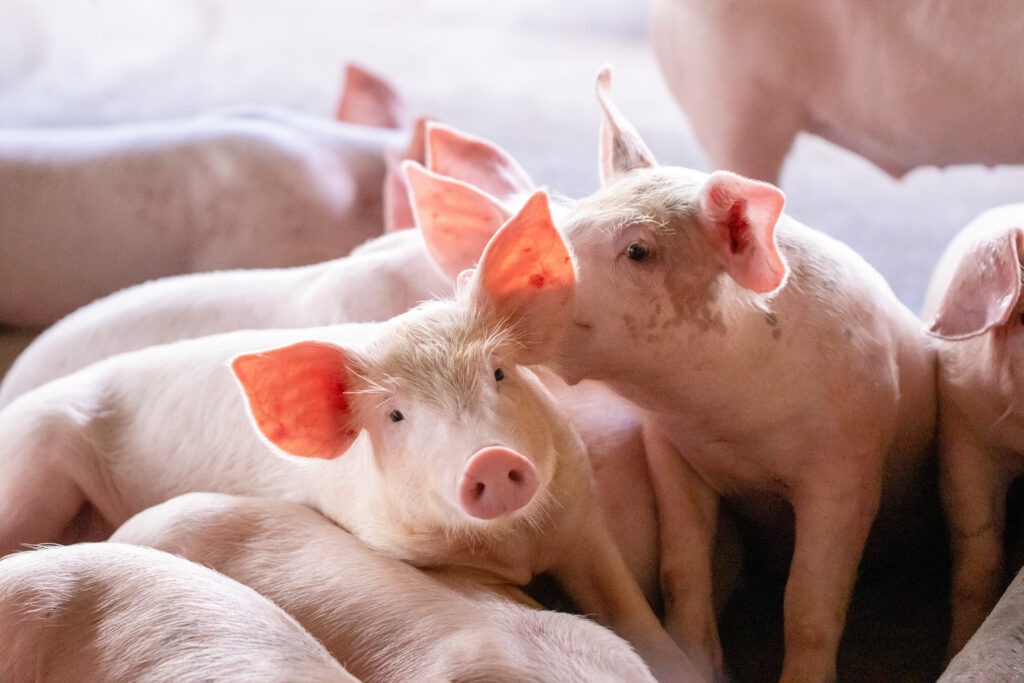A judge has severed an exemption under Question 3 of the Massachusetts Prevention of Farm Animal Cruelty Act (MPFACA) after it was found to be unconstitutional.
The ruling was passed by US District Judge William Young in Boston on Monday, following a lawsuit by Missouri pork producer Triumph Foods and out-of-state pig farmers, Reuters reports.
A 2016 ballot initiative for the MPFACA stopped the sale of pork from pigs in ‘cruelly confined’ spaces that stop them lying down, standing, or fully extending their limbs and turning freely.
This law is upheld through Federal Meat Inspection Act (FMIA) inspections, and any attempts by a grocers or food shop to sell non-compliant product that it had purchased from inspected sites would be illegal.
However, Triumph foods claimed that Question 3 of the MPFACA still allows for in-state pork producers to sell non-compliant product directly to the general public, as no further sales are made.
This reflects recent legislative challenges to California’s Proposition 12. The certification prohibits the sale of pork from sow offspring kept in pens that don’t provide 24 square feet per sow, but was widely criticised as only 4% of US pork producers were found to be compliant.
See also: British pig meat exporters on a mission in California to take advantage of Prop 12 opportunity
Both cases triggered the Constitution’s dormant Commerce Clause, which stops law discriminating against or burdening between-state commerce. Mr Young ruled Question 3 did violate the clause, and could be severed without changing the law’s purpose.
“If anything, therefore, severing the slaughterhouse exception from the Act only serves to bolster its purpose,” Young wrote.
Triumph says that removing the exemption means the law conflicts with FMIA inspection law, as it changes the requirements on pig handling. Mr Young has allowed the broader challenge to go ahead.
Triumph CEO Matt England said: “We look forward to demonstrating how the remaining portion of the law intrudes into the federal government’s role, and are hopeful the disruption to the country’s supply chain soon comes to an end.”
Andrea Joy Campbell, the Massachusetts Attorney General who defended the law, declined to comment.




